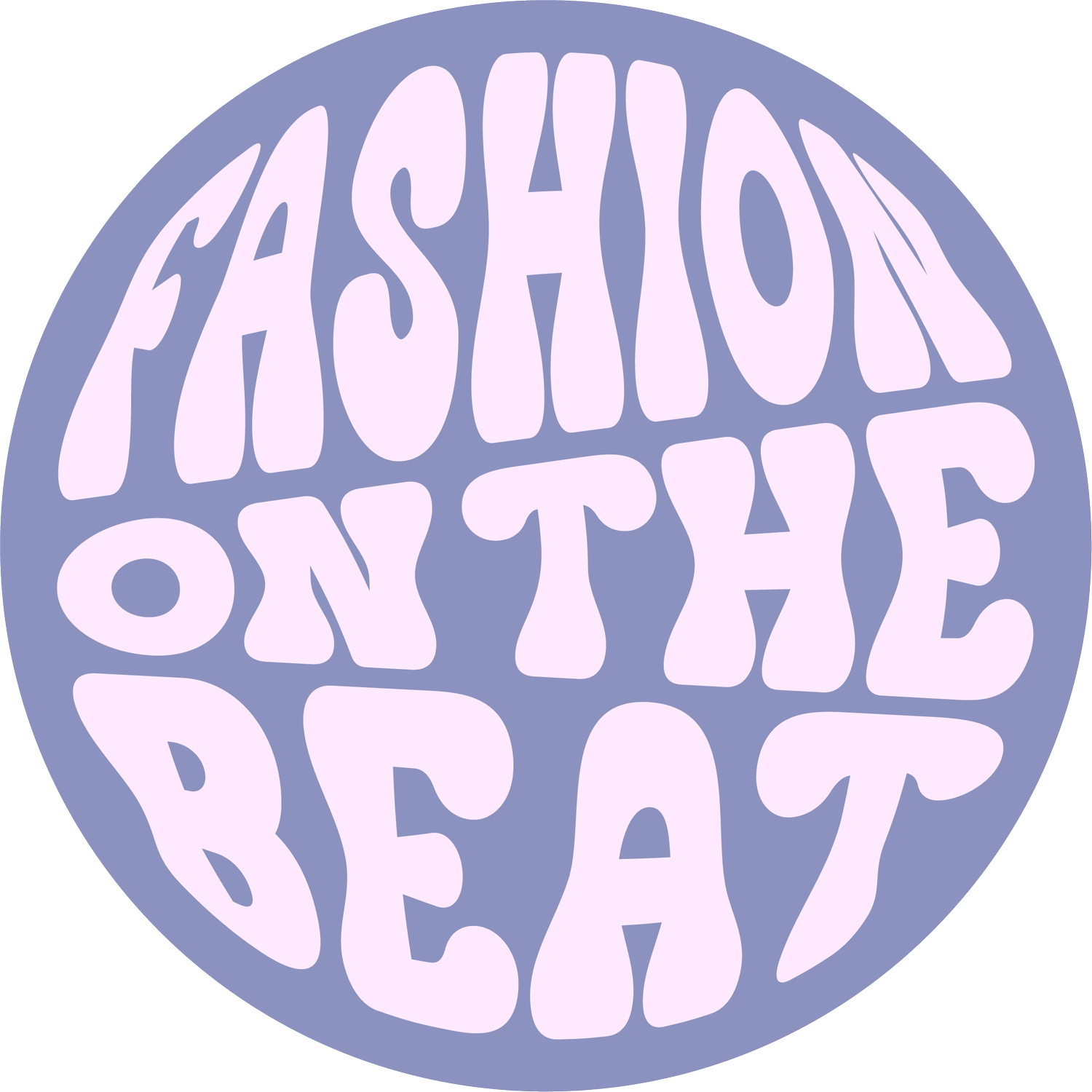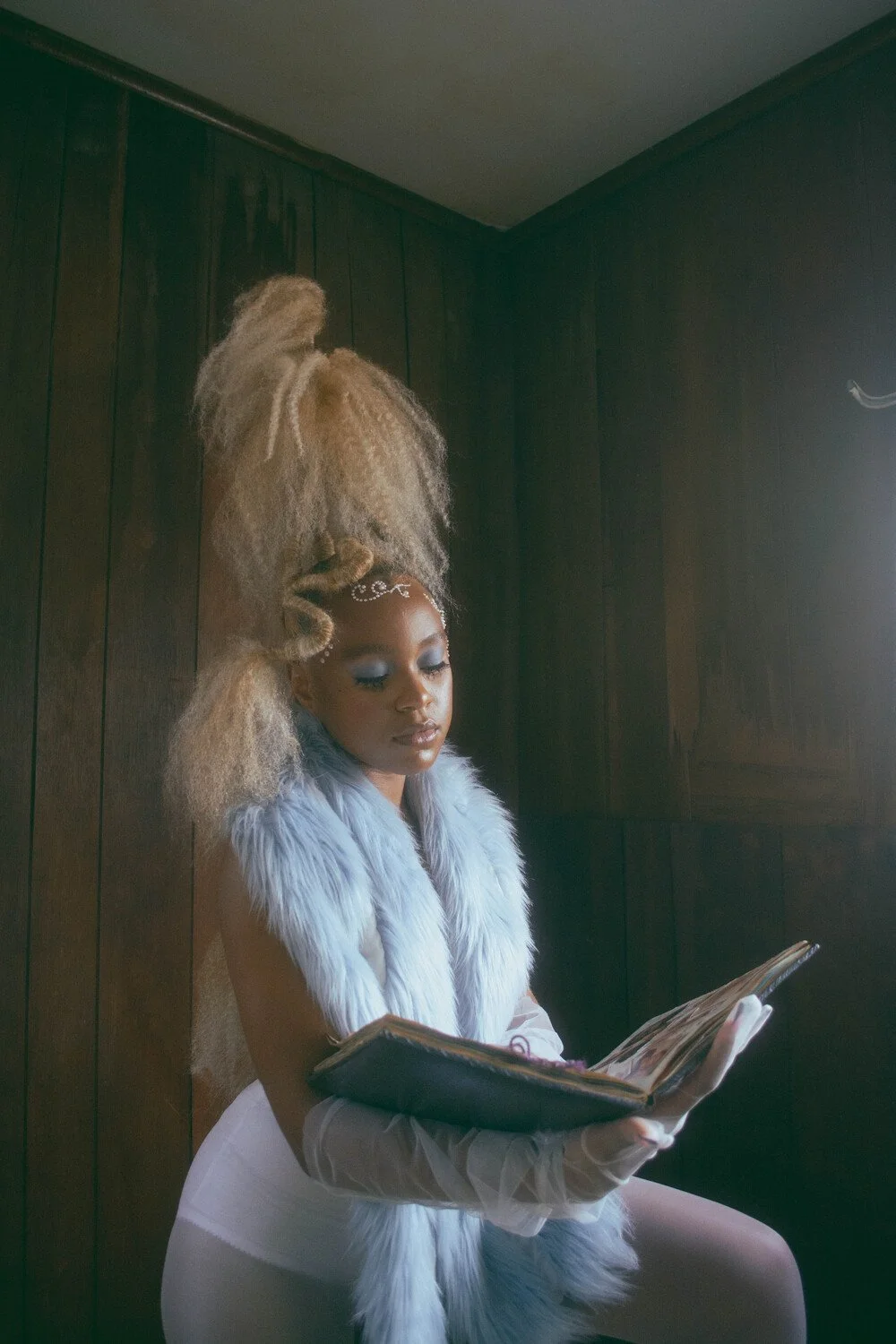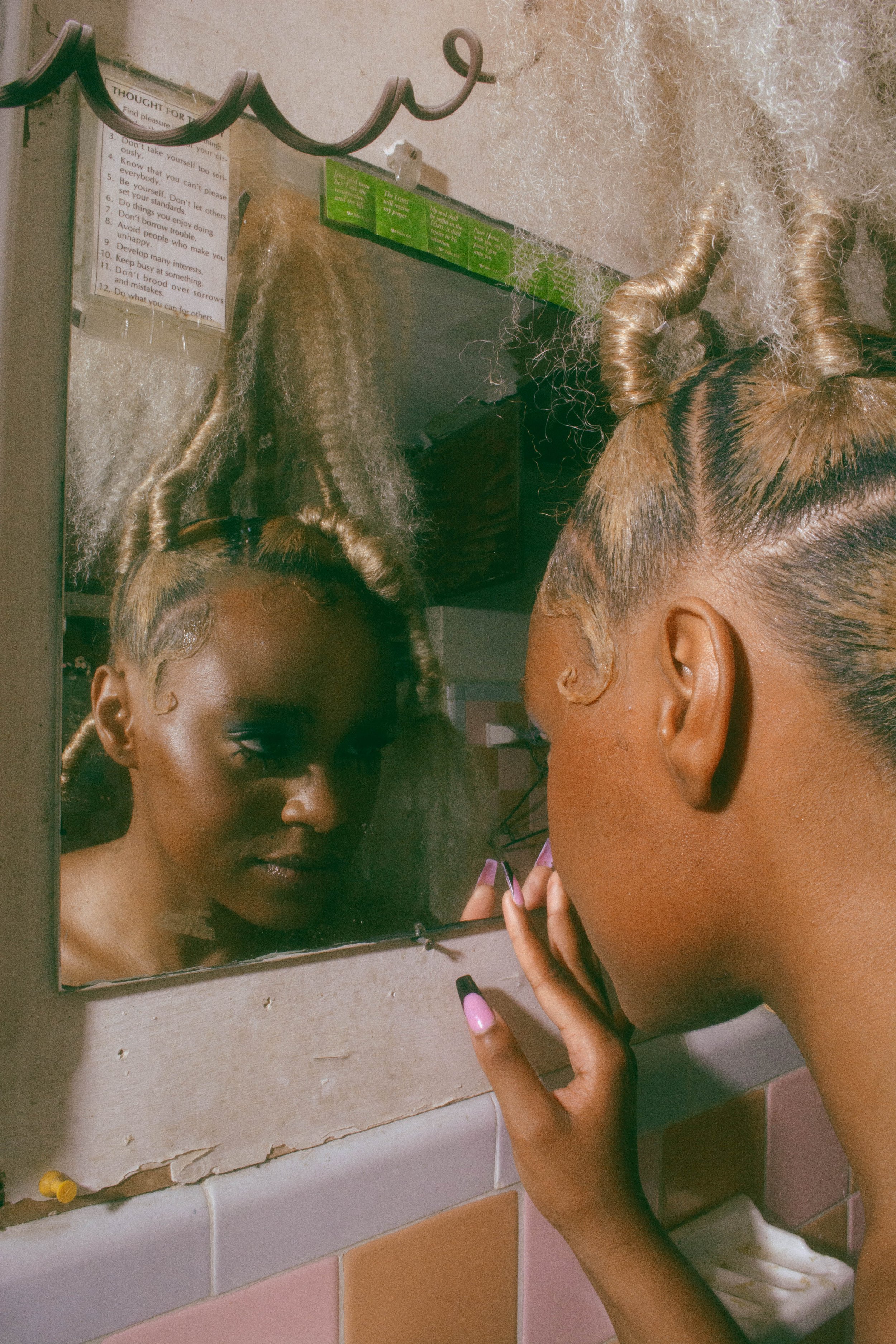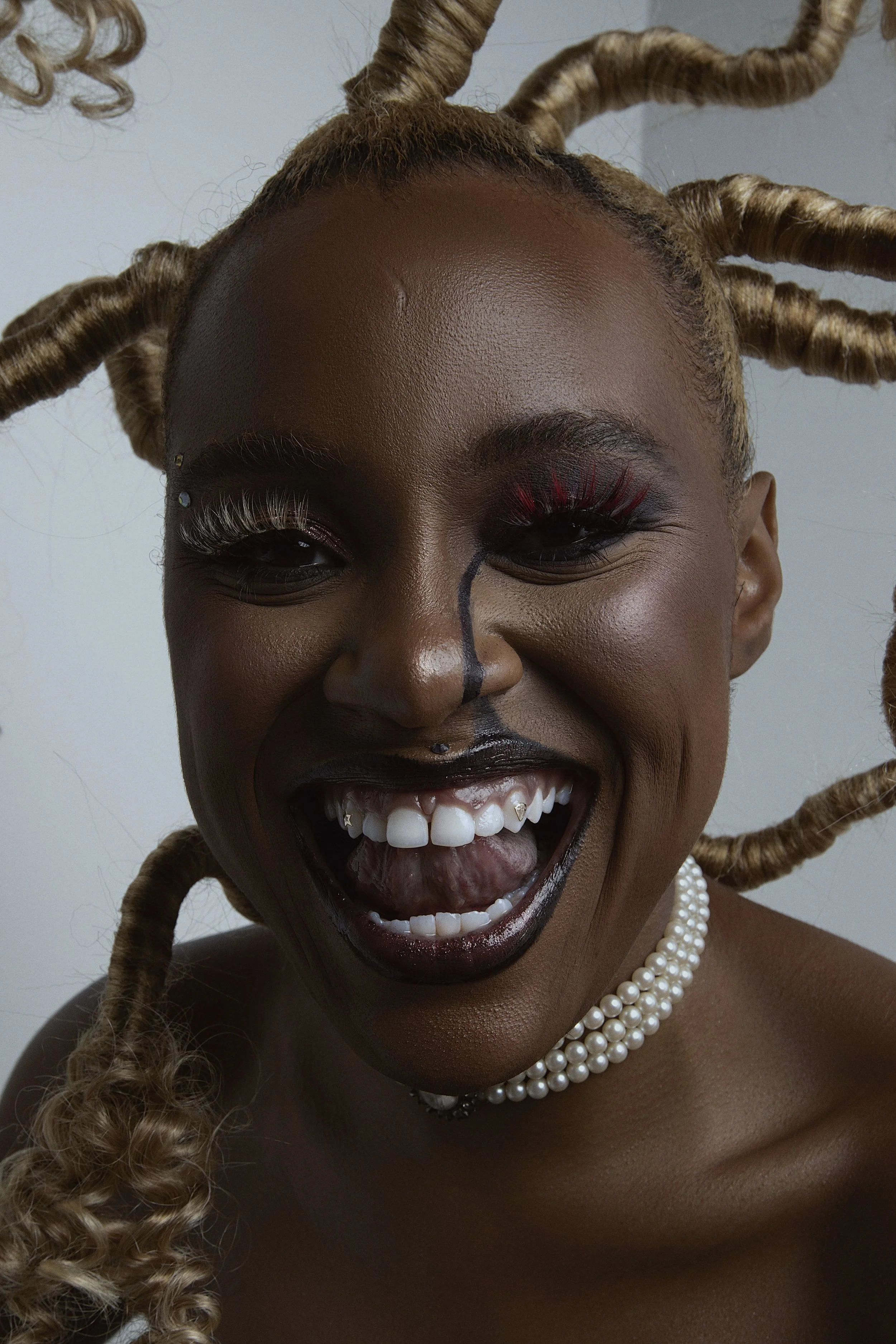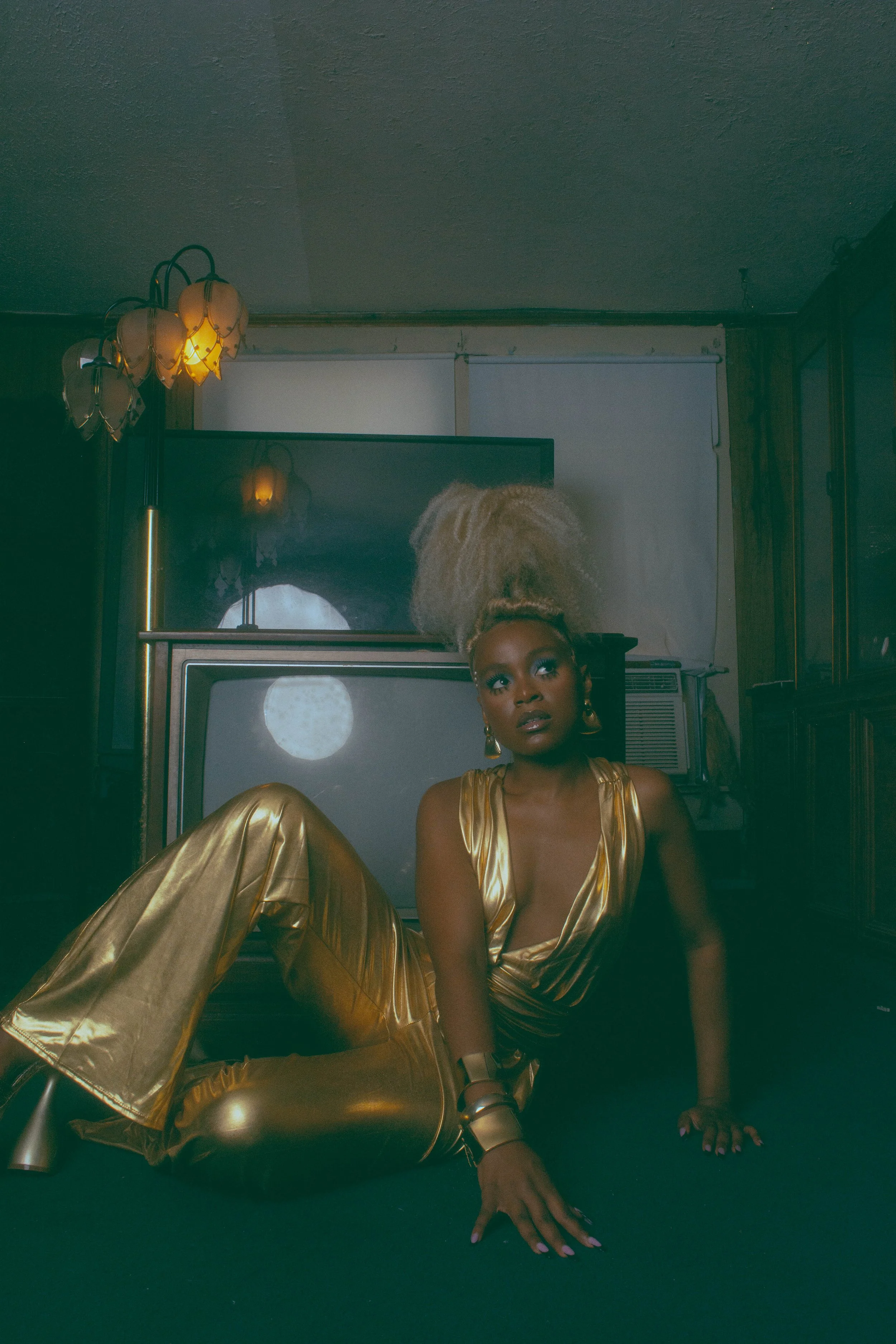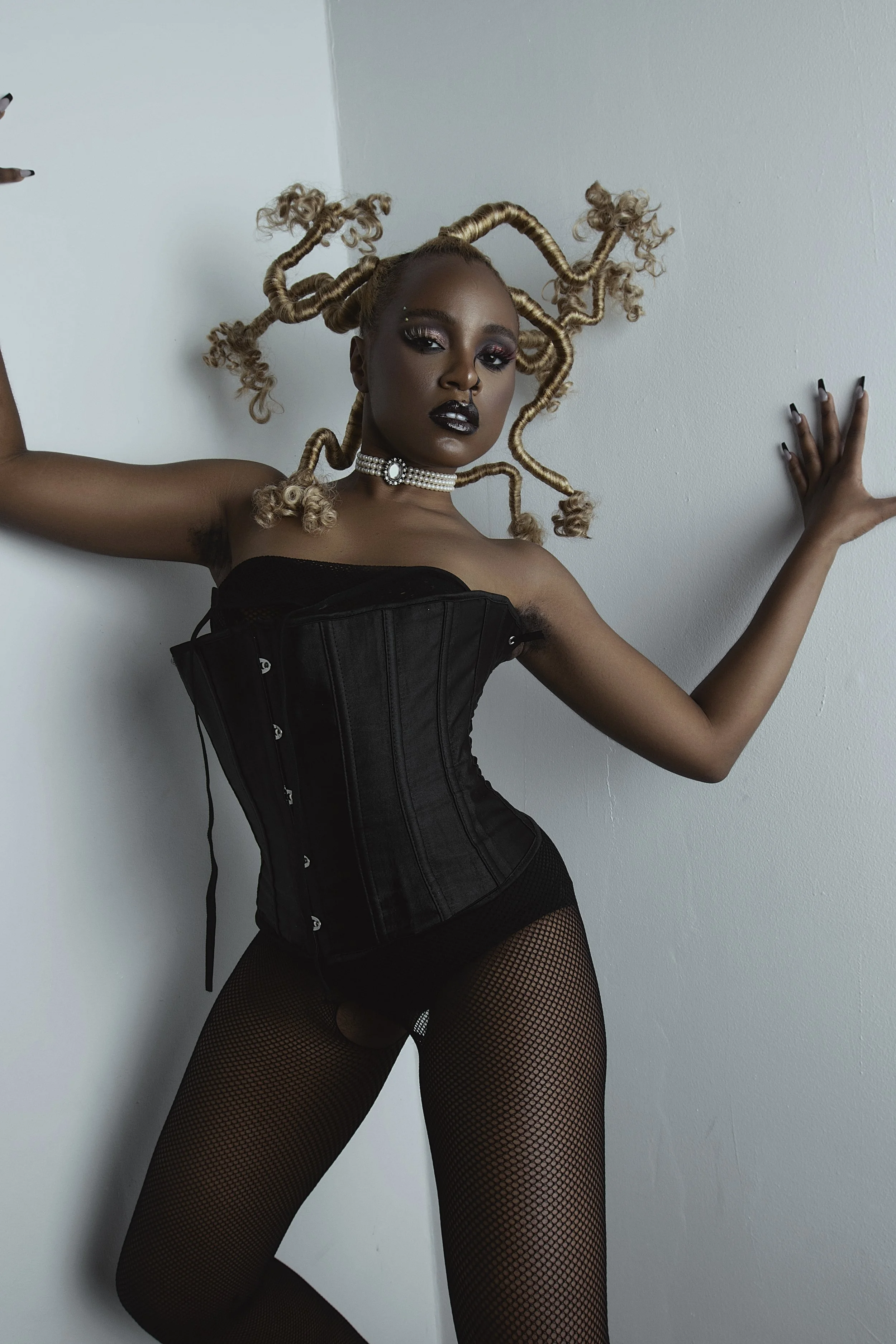It’s a dirty girl world here!
It’s giving punk, trap, rock, femme: it’s “Dirty Girl” by Melly. The fresh single, released this late August in Ridgewood, Queens (NY), could be defined as a post-pandemic empowering manifesto, dedicated to the representation of Black womxn. Dirty Girl isn’t just a song or an isolated project, though. Dirty Girl is a political organization that is spreading a message of anti-establishmentism & revolutionary resistance.
The space that Melly is creating is a radical and restorative call-of-action community that is committed to the liberation of Black women, girls, and femmes across the world. Melly is a multidisciplinary artist and she does it all with her most preferred creative expressions, which include music.
Photo credits: Riot Muse
Melly is the social media manager at Somewhere Good, a digital hub focused on fostering genuine and clear online conversations. The pep and grit Melissa shows in her work by day are to be found in her vocational projects by night, as the founder and leader of Dirty Girl. The homonymous single is a self-explanatory reflection of the goals and foundations of the organization: a safe space for Black girls, women, and femmes with constructive and open-minded activities sprouting from and for the community. Her new single is a political commentary on a sub-culture of girls, women & femmes who are resisting martyrdom. Melly is building a radical space to politicize girls, women, and femmes through rigorous engagement with Black Feminism and the Black Radical Tradition.
Along with her academic and activist journey, the community here at Fashion On The Beat is always seeking admirable creatives who put their knowledge and expertise to use for their communities. Melly is a testimony of this type of role model and it is time to let her aura shine through our platforms.
Photo credits: Art-Khive
How has your educational journey shaped your essence?
I’ve always been a really good student. I emigrated to the United States from Haiti when I was five years old. I matriculated very quickly into the academic setting here. Typically non-English-natives, especially at a young age, are placed in what are called ESL classes, which stand for “English as a Second Language”. What was unique in my case is I went to a really poor school district poor in terms of the services that were offered to students who were mostly Black and Latinx. At the time, out of fear that my potential would be stunted, my oldest brother decided against placing me in an ESL class. So I learned how to speak English by watching Dora the Explorer & falling in love with literature. I think knowing how to read and loving to read really helped shape my imagination, but also really helped enrich my love for all things arts.
From the ages of 14 to 22, I was organizing and committing my life to black liberation and you know, what that looks like and what equity means and what that stands for. From the ages of 14 until now I really stepped into myself and I found a lot of who I am. The early years of my activist journey also took a lot of my individuality away from me. Those are pivotal years where any young person should be learning more about who they are, what their values are, what they stand for, what they like, and what they don't like.
I think throughout all those years, I was recognizing myself as a part of a collective and not necessarily as an individual. And I think especially being a black girl and movement spaces. I was constantly being told that my life was always supposed to be in service to somebody else's. It was never the other way around. I think throughout all the work that I did in education, and throughout all my time in education, what I figured out is that the Black student is in crisis, particularly Black girls students, the black feminism crisis.
A lot of my work now is creating new educational spaces outside of academia, because I recognize that there are often systemic, cultural, and social impediments upon us that don’t let us reach our full potential in academic spaces.
Photo credits: Art-Khive
Sure, school was one of the places where you crafted your voice and spirit. However, what are the other spaces you found important for your growth?
I find inspiration in the work I do with Dirty Girl. We are a socio-political movement committed to the liberation of Black girls, women, and femmes across the world. Dirty Girl is also my debut original single. The project, which is a movement, and its entirety are based on my experiences as a Black girl and activist spaces, specifically, as a Black girl who has been abused who has been exploited not only by people outside of my community, which is commonly White folks but also within the Black community with a lot of intra-communal violence.
Dirty Girl is really based on my own experiences. It’s also based on the fact that I've been in communities with other Black girls, women, and femmes and organizing work, for those who are tired who are depleted. During the racial justice protests of 2020, I saw clear as day that there was no space in this new world that we were building for a Black girl like me. If I was not careful, my back was going to be used as a bridge that other people could get to liberation. I said, “No, that's not going to happen”.
Dirty Girl is serving also as an incubator of capturing that collective power and giving it a direction, giving it language, to articulate its specifics struggles.
Photo credits: Tynaya Cossie
What does creativity mean to you? How do you incorporate it into your practices and lifestyle, as a multifaceted creative yourself?
Creativity can be defined or encapsulated by someone's willingness to be vulnerable. For me, creativity often shows up as complete unadulterated fun. I've always loved making music since I was a child. I consider myself a generalist artist because I don't really want to box myself into a genre. I'm not just an r&b artist, I'm not just a rock artist: I am an artist.
I really hope that my expression and my willingness to exist and resist all of that pushes other people to do the same, and pushes other people to reach their full potential and terms of just exploring what they're capable of.
I think art is the closest thing I've gotten to liberation so far in this lifetime, and I hope that more people can get a taste of liberation in their lifetimes. I hope that my art can foster help and facilitate genuine and strong dynamics.
Photo credits: Tynaya Cossie
When did you know that music was going to be your expressive outlet? Is there a reason why your single Dirty Girl has tones of punk and rock smashed together? It’s interesting to hear this sound coming from a Black woman and delivered in BIPOC spaces.
Before diving into my musical career, I went to therapy because I had a lot of fear that I had to overcome. After being in the pandemic for so long and coming out of being an organizer, there was a lot of paranoia, anxiety, and fear that was living within my body. I didn't feel like I had a place in the world and I also didn't trust that the world would welcome me with open arms. I didn't feel loved by the world and because of that, I felt very fearful about interacting with the world, especially after spending so much time getting to create my own paradise within myself and my home.
So I went to therapy, to address that fear. The first thing that my therapist had me do was watch the Tina Turner documentary. That really changed my life because it was so empowering to witness a Black woman transform her life at the pace that she wanted to, without allowing any constraints to get in her way. I also got to get to know about her relationship with rock and her overall approach to artistry: how wild she was. I think it made me realize that there was space for Black women, girls, and fans like me and rock music. Why wouldn't there be, you know what I mean? Our ancestors created that genre so that we could have a space to express our rage, express our imperfections, and not feel sorry about them.
I think I have a beautiful voice but for me, it was about sounding pretty. I want to manipulate my talents and my voice to really convey the feelings that matter most to me. The feelings that matter most to me right now can be poured into one spectrum, the one of rage. If we say the world is ending,what are we going to do about it? And what spaces will Black girls, women & femmes take up in this New World that is being created while the Old World is dying? And so I created a rock-punk song because I really wanted to create spaces where Black girls, women, and femmes get their screen, get to rage, get to talk their stuff, and get to express what's happening to us.
I really believe that there is a war on girls and femmes across the world. I don't say that lightly. And I think if you look across our political environment you'll see this across healthcare, civic engagement, or social mobility. It is increasingly harder to be a woman in these spaces and a girl in this world. I really wanted to create a space where we could just talk or we could just come together and build power. Because we don't have power. No matter if that's just the case of matter. We don't have power. We don't feel the power within our bodies. We don't experience the power within our communities. And we definitely do not have power on a systemic level.
Dirty Girl is a song that mixes several genres. We have rock and roll, we have punk, and we have trap, specifically trap rock. A lot of these genres reflect revolutionary potential and radical perceptual. And so for me, it was really important to work with those sounds and create a modern adaptation of how those sounds could be merged together.
Photo credits: Art-Khive
You’re an activist, a pop star, and an exceptional student of life, but you’re also social media manager at Somewhere Good. How does this role align with the work you’re getting done at Dirty Girl?
Working at Somewhere Good is definitely a dream because I think it aligns very clearly with the work that I'm doing. Our founder really understands that the future of human connection is whether we like it or not. I think people are really shifting towards wanting to connect more intimately and establish themselves in communities where they get to create their own ground rules, their own standards for how they relate to each other, and specifically to relate to each other based on specific niche interests. With Dirty Girl, I hope to inspire this new generation of girls, women, and femmes to embrace a new way of relating to each other that doesn’t involve a desire to dominate one another.
Photo credits: Art-Khive
What is the freedom to you and your movement? Are we ever going to be able to reach that freedom?
Dirty Girl is a new organization and we're still figuring out our language, our values, and our principles. One thing that we are very certain about is that we are a socio-political movement committed to the liberation of Black womxn of all ages across the world.
By being committed to the liberation of Black girls, women, and femmes, we recognize that there are multiple different forms of Liberations that can be experienced in this lifetime. I think often when we talk about Liberation, we talk about it in a singular form—making it seem as though there's only one type of Liberation. It's really hard to organize people around one idea of Liberation because everybody has their own approach. Everybody has their own dreams of what's possible and everybody has their own needs and everybody's prioritizing different people.
I understand that your liberation is completely different from my liberation. But I also understand that just because our visions are different, it doesn't mean that our values are different.
At Dirty Girl we're not promising a singular form of liberation. What we are promising is a space where Black girls, women, and femmes can come together to commune, recognize the most marginalized, and organize on behalf of the most marginalized, on the principles of Black feminism.
We all have the capacity to experience freedom in this lifetime. We may not experience freedom every day. Maybe we do not experience freedom every second of every day, but I know there are moments when you are sitting in your room and it's quiet, and you feel safe, and you feel seen, and you feel like you're just able to be and so we want to create more of those moments. We want to make those moments more sustainable. We want to do this now, whether or not we can fortify those mainstream institutions. Dirty Girl is concerned about the urgency of the now. If this is the world that we live in, what the fuck are we gonna do about it?
Photo credits: Tynaya Cossie
